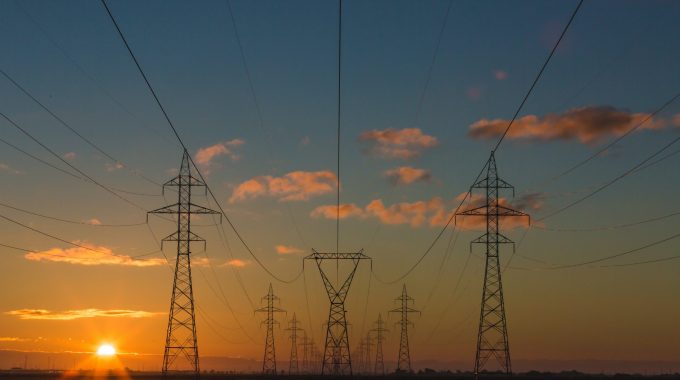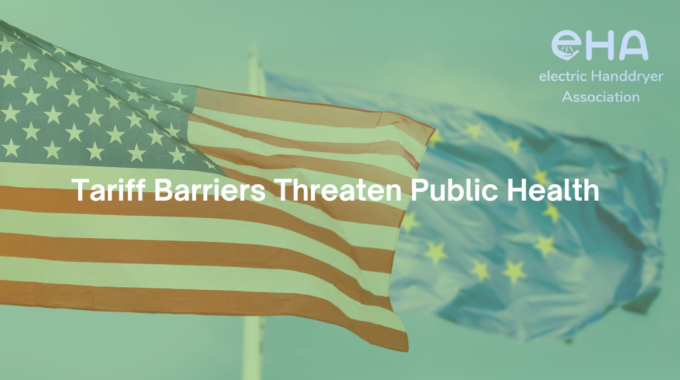New Global Trends in Commercial Restroom Design: Enhancing User Experience, Health, Sustainability and Savings.

eHA Statement on EU Energy Efficiency Directive (EED) – Evaluation And Review
Under the European Green Deal, the Commission has committed to stronger action on climate change. It aims to assess how the EU’s greenhouse gas emissions could responsibly be reduced by at least 50% to 55% by 2030. As the efficient use of energy is key to achieving such a target, the review aims to provide insights into how the EED could be revised to:
- achieve a higher level of greenhouse gas reduction by 2030
- contribute to other European Green Deal initiatives.
Our Statement:
The electric Handdryer Association is an international, growing initiative of key hand dryer manufacturers from around the world, including European companies, most of which are family-owned and mid-size.
We, the members of the electric Handdryer Association acknowledge that climate change is a global challenge. We welcome the opportunity to comment on the Commission’s roadmap to tackling the question of energy efficiency in this context. The European and global hand drying industry has a strategic interest in the decarbonisation efforts for 2050. We contribute to these goals by producing modern, innovative, and thus highly efficient electric hand dryers. These dryers save energy during their life cycles but also in comparison to other means of drying hands, such as the use of paper towels, which are produced by consuming a high volume of natural raw material and energy: One ton of virgin paper towels consumes 17 trees, uses 20,000 gallons and pollutes 7,000 gallons of water, produces more than 3 tons of CO2 emissions, and requires 40 square feet of landfill space.
Our products have long life cycles and limited replacement intervals – thus proving environmental friendliness, as waste is kept at a minimum. The 2030 climate targets can only be reached whilst paying attention to the interest in keeping waste low and product lifecycles long. The EU Commission`s intention to even increase the 2030 climate targets, resulting in the review of the legislation setting 2030 energy and climate related targets, thus seems very ambitious to us. However, eHA encourages the EU making further progress for energy saving products in the markets. Hand dryers certainly contribute reaching this target. Any measures derived from the Energy Efficiency Directive (EED) must also take the potential effect on consumers into account, and the choices they make, e.g. for less environmentally-friendly but seemingly cheaper substitute products
Changes to the current regulatory framework should also be looked at under the pandemic situation. Apart from the dire economic situation, lack of information leads to governmental advice that causes further economic harm without any scientific backing, whereas washing and drying hands properly is crucial especially during the corona pandemic.
Having stated this, eHA comes to the conclusion that there should not be change in the existing framework of the Energy Efficiency Directive on short notice and to possibly develop non-regulatory measures together with industry stakeholders. Any change in the existing framework would need to carefully assess potential consumer behaviour, effects on various industry sectors including niche sectors such as electric hand dryers, and consider the entire range of economic effects.


